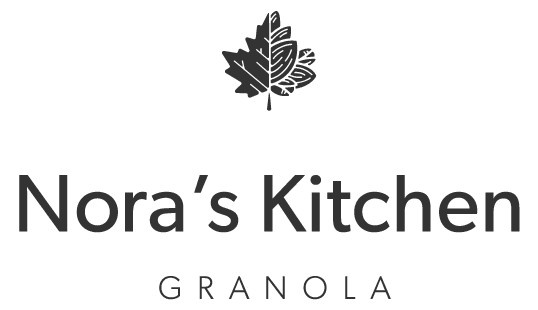Veganism is healthy, eco-friendly, and good for humans. However, a healthy vegan diet requires some extra work due to the intrinsic nature of the diet. There are few key food items that humans need for the healthy bodily function that is lacking from a vegan diet. The right vitamin and mineral supplements paired with smart eating habits will help you stay healthy on a vegan diet.
Here’s how to be a healthy vegan in 3 easy steps:
1. Fortify with supplements
Vitamin B12
Doctors and health experts around the world all agree that vitamin B12 is an essential part of any diet. Vitamin B12 can be a bit difficult to work into a vegan diet as it is found mainly in animal products. Taking a supplement is the easiest way to get your daily dose. However, eating fortified foods is another option, look for fortified nutritional yeast, some types of cereals, fortified soy/rice milk, and some vegan meat substitutes at the store. If you’re planning on eating fortified foods for your B12, make sure to read the labels so you can calculate how many servings you need to reach your daily intake of roughly 2.4 micrograms.
Fish-free omega 3’s
Omega 3-fatty acids are an important part of your vegan diet, and luckily, we can easily reach our daily dose without harming a single fish. Omega-3 ALA’s are found in many foods including walnuts, canola oil, and flaxseeds, which are found in NKG Granola! Omnivores get their omega-3 DHA intake from fish, who eat algae, get your intake like the fish does with an algae-derived omega-3 DHA supplement!
Plant-based protein
Luckily, protein is abundant in a healthy vegan diet, so getting enough of it shouldn’t be too much of an issue. However, there are some foods that are absolutely loaded with the stuff. Soybeans, lentils, seitan, and tempeh are all excellent sources of protein. Check this infographic from PETA for more plant-based protein foods!
Calcium
Calcium is an essential part of a healthy vegan diet because it keeps your bones and teeth healthy. It also helps with muscle function and blood flow among other things. Thankfully, cow’s milk is not the only way to get your calcium intake, nor the most efficient. Kale, beans, sesame tahini, collard greens, and broccoli all contain loads of the stuff. Additionally, calcium-fortified rice/soy milk, orange juice, and some tofu brands are all available at your local store.
Vitamin D
Vitamin D aids in the absorption of calcium into your bones and teeth, making it a necessary component to any healthy vegan diet. There is also evidence that it helps reduce the risk of type 1 diabetes, muscle and bone pain, and some types of cancer. The best way to get vitamin D is by basking in sunlight, 5 to 30 minutes twice a week is all we need. But, If you’re a night person, make sure to buy fortified milk at the store and eat high vitamin D foods like mushrooms and fortified tofu. A handy trick is to put your mushrooms in direct sunlight to “infuse” them with vitamin D! If you’re not particularly into mushrooms, there are many vegan vitamin D supplements out there on store shelves.
Iron
Iron is an essential part of being a healthy vegan. It helps blood production and helps your muscles function. Spinach is your best friend when it comes to iron, be like Popeye and eat it! If you aren’t into the Popeye diet, make sure to eat your beans, lentils, black-eyed peas, dried fruits, nuts, sunflower seeds, quinoa, millet, molasses, oatmeal, and nutritional yeast. Vitamin C helps your body absorb iron, so if you’re into efficiency, eat dark green leafy vegetables, like kale, to get both at the same time!
2. Watch the junk food
Don’t fall into the trap of loading up on carbs and refined sugars “just because they’re vegan.” We all know how easy it is to start sliding down the slippery slope by “just having one chip.” These foods have little to no nutritional value, refuse! Just say no, your body will thank you! If you feel a sweet tooth coming on, eat some dried fruits. If you’re hungry because you’re bored, drink some water instead. A lot of times your body is tricking you into snacking, while actually, you’re just dehydrated! Sticking to fresh, healthy foods that have actual nutritional value will help you stave off mood swings, weight gain, and promote feeling good-ness.
3. Go easy on meat substitutes
However great meat substitutes are for your mental well-being, they aren’t particularly good for your general health-being. Meat substitutes are usually highly processed, and may contain unhealthy amounts of soy, among other things. Have your meat and eat it too by sticking to healthy alternatives like tofu, miso, edamame, and tempeh.
Learning how to be a healthy vegan can be a challenge, especially for new vegans. Knowing how to be a healthy vegan is only half the battle, practicing it is the other. So, keep these tips in the back of your mind while you’re out at the store or farmers market so you can stay healthy on your vegan diet.
